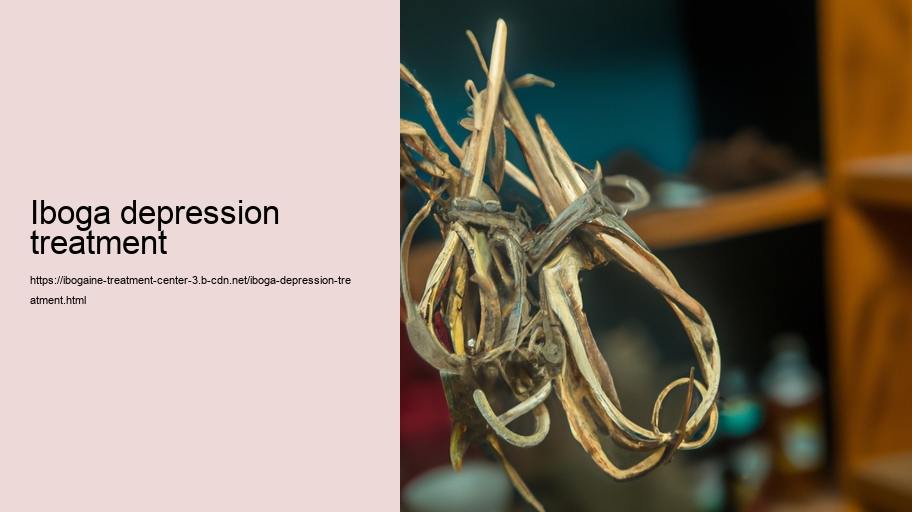Title: The Therapeutic Potential of Iboga in Treating Depression
Depression is not just a bout of the blues; it's a persistent condition that can severely affect one’s quality of life. Traditional treatments for depression often include therapy and pharmaceuticals, but there are individuals who don't fully respond to these conventional approaches. This has led to an exploration of alternative treatments, including the use of ibogaine—a naturally occurring psychoactive substance derived from the root bark of the African shrub Tabernanthe iboga.
Iboga has been used for centuries by indigenous peoples in West Africa for spiritual ceremonies and healing practices. In recent times, its derivative ibogaine has piqued the interest of medical researchers and those seeking relief from various forms of addiction and psychological ailments, including depression.
The therapeutic potential of iboga in treating depression lies in its unique ability to act on multiple neurotransmitter systems within the brain. Ibogaine is known to interact with serotonin transporters, which play a critical role in mood regulation. It also affects other receptors and targets opioid systems, which may contribute to its purported efficacy in reducing symptoms associated with both physical dependency and mood disorders.
Patients who have undergone iboga treatment for depression often describe experiencing a profound psychological journey that provides insight into their lives and their mental health struggles. During this introspective state, individuals may confront traumas or unresolved issues contributing to their depressive symptoms. The intense reflective experience induced by ibogaine is sometimes compared to several years’ worth of psychotherapy condensed into a single session.
However, while anecdotal reports suggest considerable benefits for some users, scientific research on iboga as a treatment for depression remains limited. Clinical studies are necessary to determine its safety profile, effective dosing parameters, long-term effects on mental health, and potential risks.
One significant challenge faced by researchers is that ibogane is classified as a Schedule I controlled substance in many countries—including the United States—due to concerns about its potential for abuse and serious side effects. Some adverse reactions can be severe, such as cardiac complications or neurological effects; therefore, treatment should only be sought through licensed professionals at specialized clinics where patients can be closely monitored.
Despite these obstacles, interest continues due to compelling accounts from individuals who've experienced substantial relief after undergoing treatment when all else failed them. Their stories fuel ongoing debates around drug policy reform and advocate for more comprehensive research into psychedelics' therapeutic applications.
In conclusion, while promising as an alternative intervention for depression resistant to standard treatments, iboga demands cautious consideration due to its complex pharmacology and legal status. It stands at the frontier between traditional medicine and contemporary psychiatric care—a testament to humanity's enduring search for healing modalities that transcend conventional boundaries.
